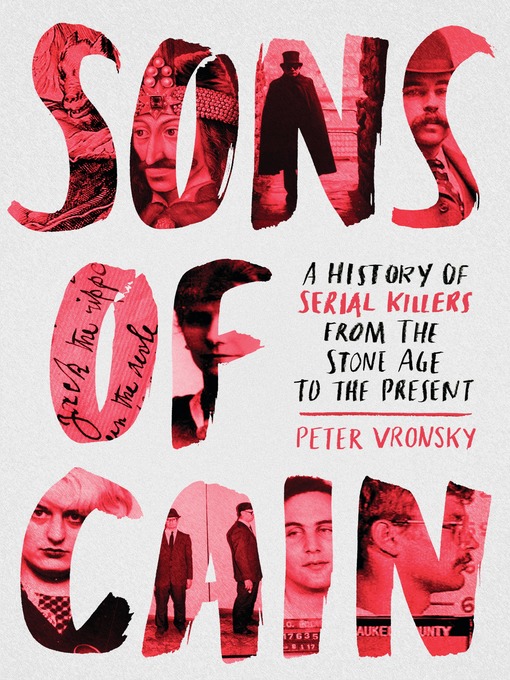Before the term was coined in 1981, there were no "serial killers." There were only "monsters"—killers society first understood as werewolves, vampires, ghouls and witches or, later, Hitchcockian psychos.
In Sons of Cain—a book that fills the gap between dry academic studies and sensationalized true crime—investigative historian Peter Vronsky examines our understanding of serial killing from its prehistoric anthropological evolutionary dimensions in the pre-civilization era (c. 15,000 BC) to today. Delving further back into human history and deeper into the human psyche than Serial Killers—Vronsky's 2004 book, which has been called the definitive history of serial murder—he focuses strictly on sexual serial killers: thrill killers who engage in murder, rape, torture, cannibalism and necrophilia, as opposed to for-profit serial killers, including hit men, or "political" serial killers, like terrorists or genocidal murderers.
These sexual serial killers differ from all other serial killers in their motives and their foundations. They are uniquely human and—as popular culture has demonstrated—uniquely fascinating.

